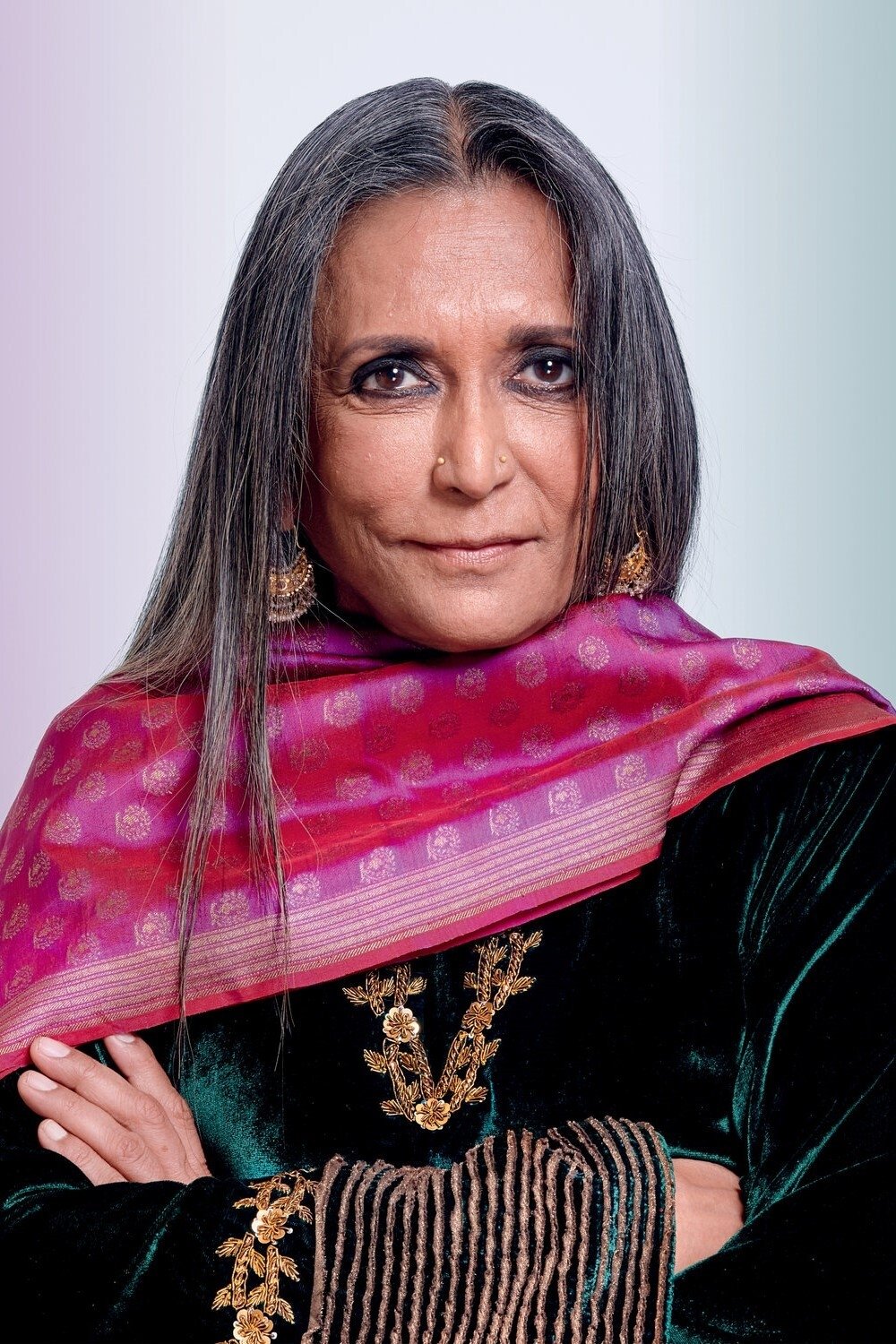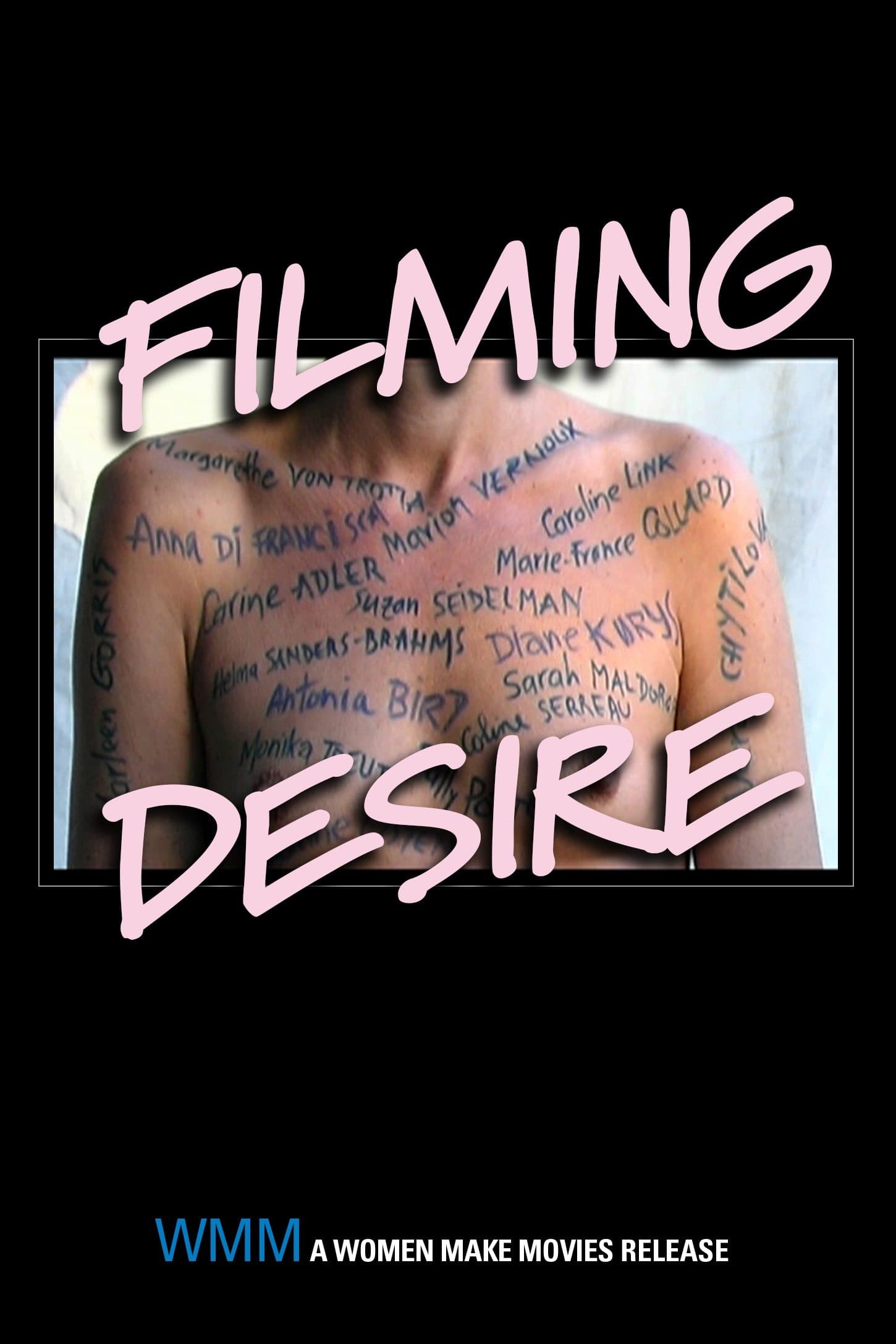

The film consists largely of a series of interviews with female filmmakers from several different countries and filmmaking eras. Some, such as Agnès Varda and Catherine Breillat (both from France), have been making films for decades in a conscious effort to provide an alternative to the male filmmaking model; others, such as Moufida Tlatli (Tunisia) and Carine Adler (England), are relative newcomers to directing, and their approaches seem more personal and less political. The film as a whole manages to cover some important topics in the feminist debate about film -- how does one construct a female gaze, how can one film nude bodies without objectifying the actors (of either sex), what constitutes a strong female role -- while also making it clear that “women’s film” comprises as many different approaches to filmmaking as there are female filmmakers.
Deepa Mehta, LLD (born 1 January 1950 in Amritsar, Punjab, India) is a Genie Award-winning and Academy Award-nominated Indian-born Canadian film director and screenwriter, most known for her Elements Trilogy, Fire (1996), Earth (1998), and Water (2005), which was nominated for Academy Award for Best Foreign Language Film. Her repertoire includes Bollywood/Hollywood and the adaptation of Salman Rushdie's Midnight’s Children. Born in India, she migrated to Canada after studying philosophy at the University of New Delhi. Initially focusing on documentaries, she's received numerous awards, honorary degrees, and prestigious honours like the Governor General’s Lifetime Artistic Achievement Award and the Order of Canada for her groundbreaking work in film. Recognized for challenging norms, Mehta’s films are revered for their daring and provocative nature, earning her distinctions like the Best Canadian Director by the Vancouver Film Critics Circle in 2006. She also co-founded Hamilton-Mehta Productions, with her husband, producer David Hamilton in 1996.
By browsing this website, you accept our cookies policy.